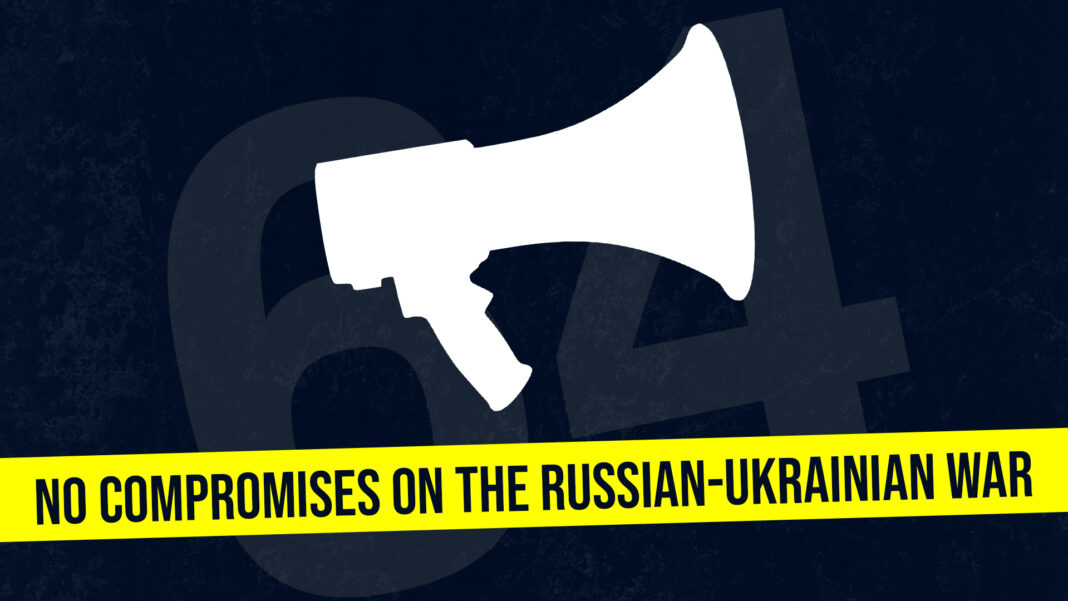In its latest statement, HVIM takes a clear stance on the Russian-Ukrainian war. In addition to explaining its views on Ukraine, the organization also discusses what it means by true sovereignty and its position on Russia.
Ever since Ukraine became independent – you don’t have to be particularly old to remember the time when the name simply referred to a Soviet republic – the majority of Hungarian society has associated it with a series of negative feelings and thoughts based on experience. This is, of course, no coincidence: when people thought of Ukraine, they thought of Chernobyl, incredible poverty and corruption, the mafia, and, at best, prostitutes and smuggled Priluki. The name itself (u krajina – at the border, border region) suggests that the area was never independent, but always formed the periphery of the Russian-speaking region.
Ukraine’s already difficult situation was further exacerbated by the destabilization efforts of Western powers, primarily the United States (CIA). First, they intervened heavily in the region’s internal affairs with one of the most spectacular stages of the so-called colour revolutions, the Orange Revolution of 2004, and then in 2013, under the leadership of similarly inspired forces, by initiating and supporting the Euromaidan protests. In 2014, this led to a regime change in which forces openly serving American (i.e., extremely anti-traditional) interests came to power in the entity known as Ukraine.
The puppet governments set about transforming the region in line with the demands of their new masters, finding reliable and powerful allies in chauvinistic paramilitary – often openly Banderist – organizations such as Azov, Pravyi Sektor and counterparts, which had then their heydays. The cooperation between the government and the chauvinist organizations marked the beginning of the deprivation of rights and open terrorization of minorities living in Ukraine, which was primarily directed against Russians concentrated in the eastern half of the country, but also affected the Hungarian community in Transcarpathia. The Russian bear finally got tired of having its beard pulled and rushed to the aid of the militias which prepared for self-defence in Donbass and had been fighting the Ukrainian army for years.
The Hungarian left-liberal side, fattened up on American money, immediately knew its place and role in the world. This is not, of course, an intuitive ability; nothing comes for free, and with the money come orders. The online space was flooded with Ukrainian flags and reports gushing about Ukrainian heroism (written by those who have always instinctively attacked the heroic manifestations of Hungarian history), suddenly no one was bothered by the National Socialist symbols of the chauvinists fighting alongside Zelensky’s Jewish troops, and every Ukrainian soldier who could speak even a little Hungarian became a Hungarian hero in their eyes. Certain circles that consider themselves right-wing were also enthusiastic, wallowing in their own subculture and perceiving only the battles of militias marching under flags studded with symbols imitating the swastika. They do not see what values all this is directed towards, who the driving forces are. Interestingly, these same individuals spoke out against the events in Maidan Square in 2013, but now they are defending the fruits of those events ripening in the form of war with tooth and nail, and have suddenly become pro-Ukrainian.
Our movement is proud of its broad autonomy and the fact that we do not have to adapt to the will of voters, so that in our statements on world events we only have to consider the highest values. Our position is clear:
- For us, besides representing the truth, the most important thing in this matter is the arrangement of the situation of Transcarpathia and of the Hungarian community there.
- We do not consider Ukraine to be an independent and legitimate state, nor do we consider Ukrainians to be an independent ethnicity.
- The Ukrainian president and the army under his command are currently serving the darkest forces.
- The truth in this matter is on the side of the Russians, and among Russian aspirations we can also find positive tendencies (living religiosity, genuine cooperation between traditional religions, imperialism, monarchist aspirations, etc.).
- We disagree with modern theories that link the concept of a just war solely to defensive war and only consider who physically attacked whom in a conventional manner, without taking into account the antecedents.
- It is an anachronism to equate Russia with the Soviet Union, which collapsed and ceased to exist in 1991, but we naturally view with concern the communist aspirations that are also appearing in the ranks of the Russian army. We view Russia with criticism, while we completely reject Ukraine in its current form.
The fact that, in the present issue, the issue of war, we find a much stronger presence of the representation of truth on the Russian side does not mean that we desire or await the commands or authority of the Russians or any other great power. Let us make it clear once and for all: we do not want the rule of Moscow, Brussels, Washington, or Beijing over us!
This is what the HVIM’s path is all about: we fight autonomously, always in defence of truth and with our eyes fixed solely on God, without any compromise or backroom deals. Just as we expect respect for our Movement, we would also consider this to be beneficial for our country: to exist and flourish in a truly sovereign manner, without bowing down to anyone.
Dated: Székesfehérvár, September 3, 2025.
HVIM leadership
“We consider Transcarpathia an undisputed part of Hungary!” – says the Russian Tsargrad movement
(Szent Korona Rádió)

